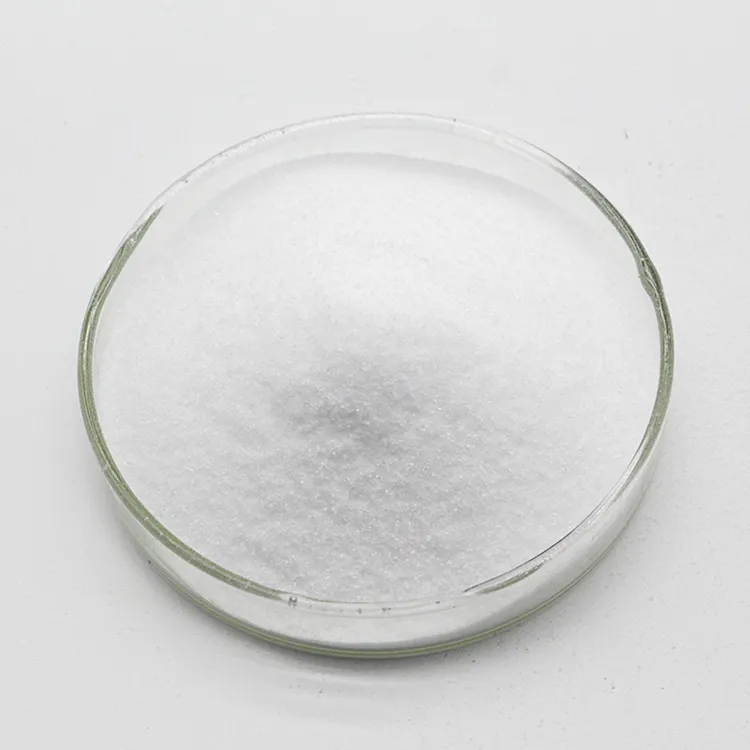The Role and Diverse Applications of Boric Acid Boric acid, also known as hydrogen borate or boracic acid, is a versatile compound with a wide array of applications across numerous industries and domains. Its unique properties and chemical characteristics make it an integral component in agriculture, industry, medicine, and everyday household uses. This comprehensive discourse explores the detailed effects and uses of boric acid, elucidating its significance and relevance in various contexts.Agricultural Utilization:Boric acid plays a pivotal role in agriculture, offering several benefits that contribute to the health and productivity of crops. Its agricultural uses include:Soil Amendment: Boron, an essential micronutrient for plant growth, is crucial for various physiological and developmental processes in plants. Boric acid is utilized to address boron deficiency in soils, thereby promoting optimal plant growth and development.Seed Treatment: Treating seeds with boric acid confers protection against fungal diseases, leading to improved germination rates and enhanced seedling vigor. This application contributes to the overall health and productivity of crops.Fertilizer Additive: Boric acid is incorporated into fertilizers to provide a supplementary source of boron for plants, particularly in regions with boron-deficient soil. It plays a crucial role in ensuring the availability of necessary nutrients for plant uptake, thereby facilitating robust and healthy crop yields.Industrial Applications:In the industrial sector, boric acid is extensively utilized for a diverse range of purposes, owing to its unique properties and capabilities. Its industrial applications include:Flame Retardant: Boric acid serves as a flame retardant in various industries, including textiles, plastics, and wood products. Its ability to inhibit the spread of fire and improve the fire resistance of materials makes it an indispensable component in enhancing safety standards and preventing fire-related hazards.
The Role and Diverse Applications of Boric Acid Boric acid, also known as hydrogen borate or boracic acid, is a versatile compound with a wide array of applications across numerous industries and domains. Its unique properties and chemical characteristics make it an integral component in agriculture, industry, medicine, and everyday household uses. This comprehensive discourse explores the detailed effects and uses of boric acid, elucidating its significance and relevance in various contexts.Agricultural Utilization:Boric acid plays a pivotal role in agriculture, offering several benefits that contribute to the health and productivity of crops. Its agricultural uses include:Soil Amendment: Boron, an essential micronutrient for plant growth, is crucial for various physiological and developmental processes in plants. Boric acid is utilized to address boron deficiency in soils, thereby promoting optimal plant growth and development.Seed Treatment: Treating seeds with boric acid confers protection against fungal diseases, leading to improved germination rates and enhanced seedling vigor. This application contributes to the overall health and productivity of crops.Fertilizer Additive: Boric acid is incorporated into fertilizers to provide a supplementary source of boron for plants, particularly in regions with boron-deficient soil. It plays a crucial role in ensuring the availability of necessary nutrients for plant uptake, thereby facilitating robust and healthy crop yields.Industrial Applications:In the industrial sector, boric acid is extensively utilized for a diverse range of purposes, owing to its unique properties and capabilities. Its industrial applications include:Flame Retardant: Boric acid serves as a flame retardant in various industries, including textiles, plastics, and wood products. Its ability to inhibit the spread of fire and improve the fire resistance of materials makes it an indispensable component in enhancing safety standards and preventing fire-related hazards.
Post time: Jan-02-2024






